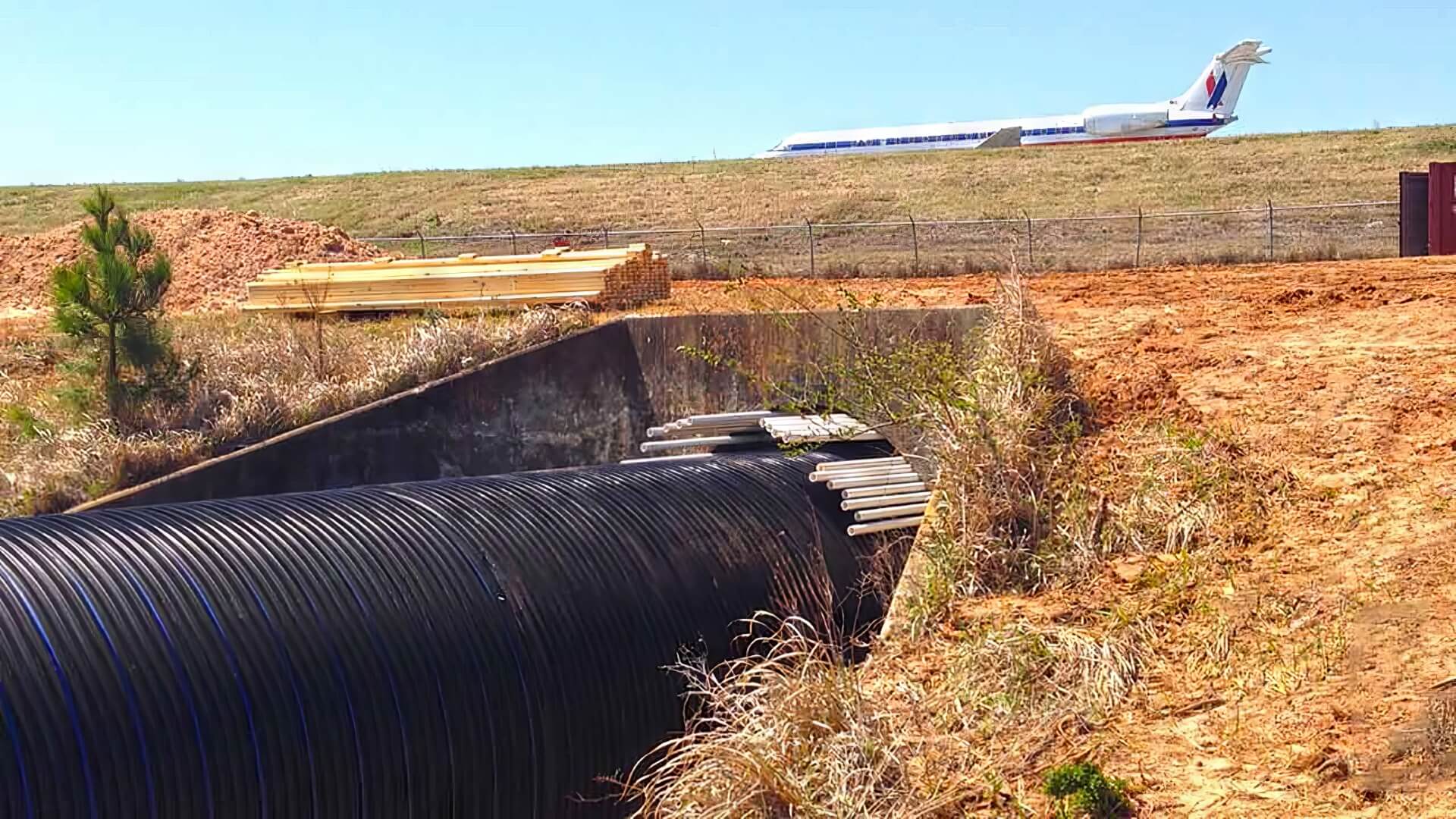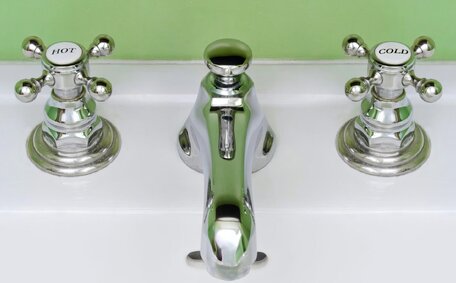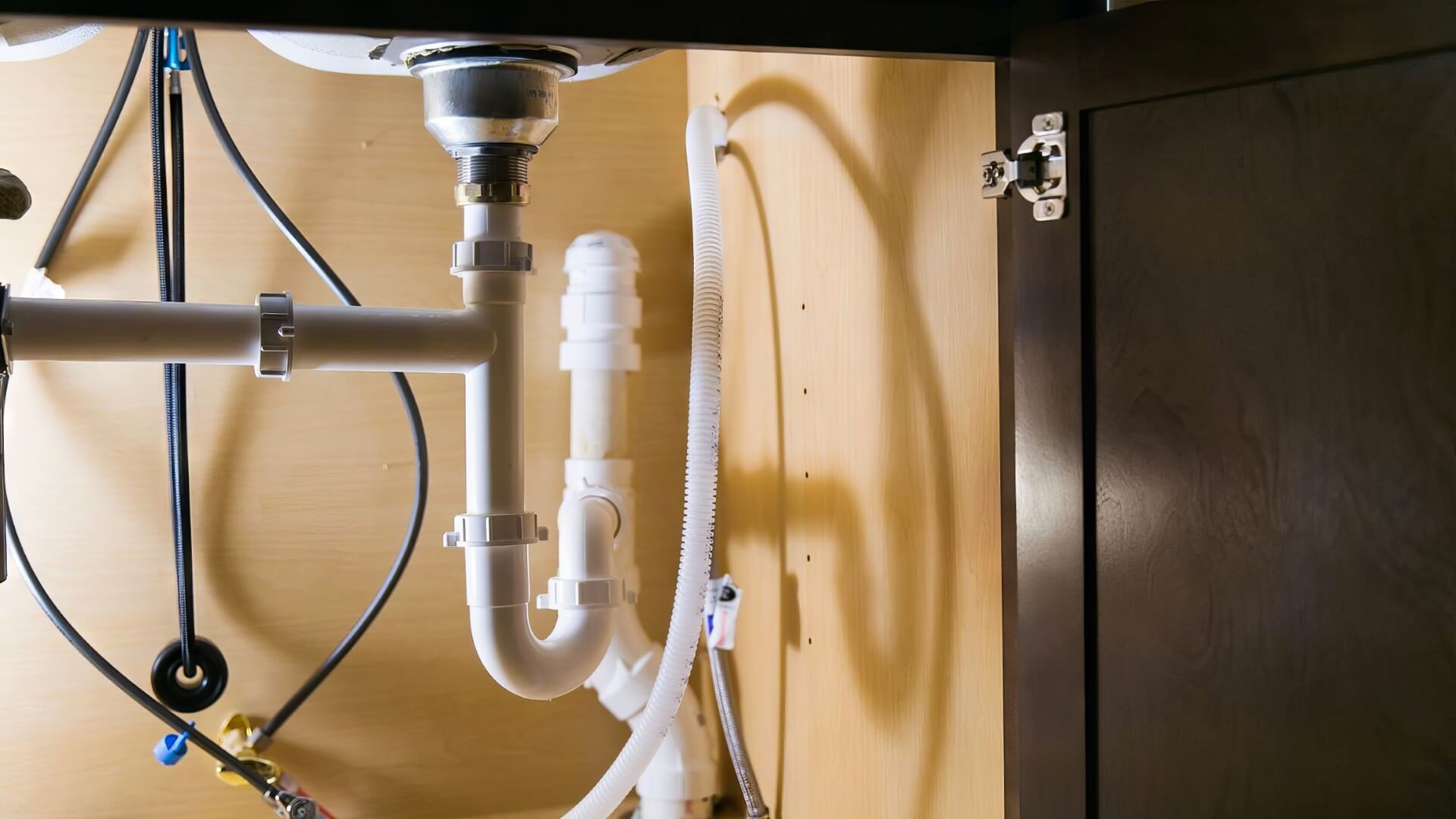
Does Pipe Relining Increase Property Value?
Pipe relining fixes damaged pipes without digging or replacement. It prevents leaks, damage, and improves drainage. This increases property value and saleability for under $2000.
Read MoreDealing with a blocked sink drain can be a frustrating and messy problem in any home or business. However, there are several easy methods you can use to help prevent clogs and keep your drains flowing freely. In this article, we’ll provide tips to stop drain blockages before they happen, so you can avoid emergency plumbing callouts.
We’ll cover the most common causes of sink drain clogs and how to address them. You’ll learn the importance of regular maintenance like cleaning P-traps and drain strainers.
We’ll also share handy homemade drain cleaner recipes, as well as products you can use for prevention. Finally, we’ll highlight steps everyone should take to stop debris, grease, hair, and other gunk from building up in pipes.
Follow these tips, and you can keep water flowing smoothly down your kitchen, bathroom and other sinks. Read on to start preventing frustrating clogged drains!
Clogged drains often result from everyday items we put down the sink. In kitchens, food particles like grease, oils, and coffee grounds stick to pipes. In bathrooms, soap scum, hair, and toothpaste gunk accumulate over time.
Fruit and vegetable peels, eggshells, pasta, rice, and tea bags also commonly cause jams.
According to plumbers, up to 80% of residential drain clogs stem from kitchens. Grease and oil harden in drains as they cool, while starch and fibres in food swell up with water contact. These sticky substances coat pipes and trap other debris flowing down.
Another culprit is foreign objects accidentally dropped down drains. Bottle caps, utensils, sponges, and toys often get lodged in traps or further down the line. Tree roots infiltrating and crushing old pipes also frequently block drainage.
Damaged drain infrastructure like cracks or misaligned joints catch debris passing through. Old metal or clay pipes corrode over decades of use as well. Any obstruction or narrowing of pipes makes it easier for junk to get stuck.
Being mindful of what goes down sinks, along with regular drain maintenance, keeps everything flowing smoothly. A few easy habits prevent most clogs from forming in the first place.
Grease buildup is one of the most preventable causes of kitchen sink clogs. As grease cools, it sticks to the insides of pipes. Over time, thick layers form that trap food scraps and other debris passing through.
To avoid grease accumulation, never pour fats, oils or greasy liquids down drains. Scrape plates and cookware into the trash before washing to remove leftover fat and oils. Use paper towels to wipe greasy residues from pans and utensils prior to cleaning.
If you wash greasy dishes, run very hot water and use a degreasing dish soap. The heat and detergents help emulsify greases so they wash away rather than stick in drains. Letting hot soapy water run for a minute after washing also helps rinse away any traces left behind.
An excellent homemade drain cleaner for preventing grease buildup is boiling water, baking soda, and vinegar. Pour 1 cup baking soda down the drain, followed by 1 cup vinegar. Let the mixture fizz for 10-15 minutes then pour a kettle-full of boiling water down.
This helps dissolve oils and cleans the pipes.
Using drain screens and strainers also helps catch grease before it heads down the plumbing. Make sure kitchen sinks have fine mesh screens to trap scraps and greases after washing dishes or clearing plates. Empty and clean them regularly to optimise effectiveness.
With some simple habits like wiping grease off cookware and dishes before washing, you can prevent frustrating grease-related clogs. Keep drains free of fats and oils so water flows freely.
Letting food scraps wash down the drain is one of the easiest ways to cause clogs. Items like rice, pasta, oats and coffee grounds absorb water and expand, blocking pipes.
Oil, grease and sauces also stick to pipes. Oil, grease and sauces also stick to pipes.
Avoid putting any food items down kitchen or bathroom sinks. Avoid putting any food items down kitchen or bathroom sinks.
Compost vegetable peels, eggshells and coffee grounds instead. Empty strainers into the trash, not down the drain.
For small food particles, a garbage disposal can grind them up safely. Run plenty of cold water while operating the disposal to flush particles down. For small food particles, a garbage disposal can grind them up safely.
Only biodegradable waste should go down.
Removing food debris before washing dishes prevents drain issues. Take the strainer out while washing greasy items.
Use a spatula or paper towels to scrape plates and cookware first. Shake off excess water from dishes rather than letting it wash down with scraps.
With some attentive kitchen habits, you can keep food waste out of drains. Compost when possible, use a disposal for small bits, and remove debris from dishes prior to washing. Keep drains clear and your pipes flowing.
p>p>p>p>p>p>p>p>p>p>p>p>p>p>p>p>p>
Regular cleaning and maintenance is crucial for preventing clogged drains. Over time, grease, hair, soap scum, food waste, and other debris accumulate in pipes. Following a regular schedule removes these substances before major blockages occur.
For preventive drain cleaning, use an environmentally-friendly bacterial drain cleaner monthly. These products contain natural enzymes and bacteria that eat away grease and grime buildup. They help keep drains free-flowing without the harsh chemicals of some cleaners.
You can also make a homemade drain cleaner with baking soda, vinegar, and boiling water. First pour 1⁄2 cup baking soda down the drain, followed by 1 cup vinegar.
Let the mixture fizz for 10-15 minutes to work on debris buildup. Then pour a kettle-full of boiling water to flush everything down the pipes.
Regular maintenance like cleaning P-traps, removing hair catchers, and rinsing or replacing sink strainers prevents clogs too. Follow this routine at least monthly for trouble-free drains.
Pipe relining fixes damaged pipes without digging or replacement. It prevents leaks, damage, and improves drainage. This increases property value and saleability for under $2000.
Read MoreThe efficiency of your hot water system can be impacted by various environmental factors. Proper insulation, temperate climates, and appropriately sized systems lead to enhanced efficiency, lower energy bills, and reduced emissions. Compare different hot water systems and learn tips to maximise efficiency.
Read MorePipe relining is the most effective way to permanently solve bad sewer smells without the need to dig trenches or damage your property. Our trenchless pipe repair specialists use specially designed pipes to reline your old, damaged pipes. This stops cracks and leaks that let sewage smells flood your home.
Read MoreLeichhardt, 2040 NSW
We will call back as soon as possible.




